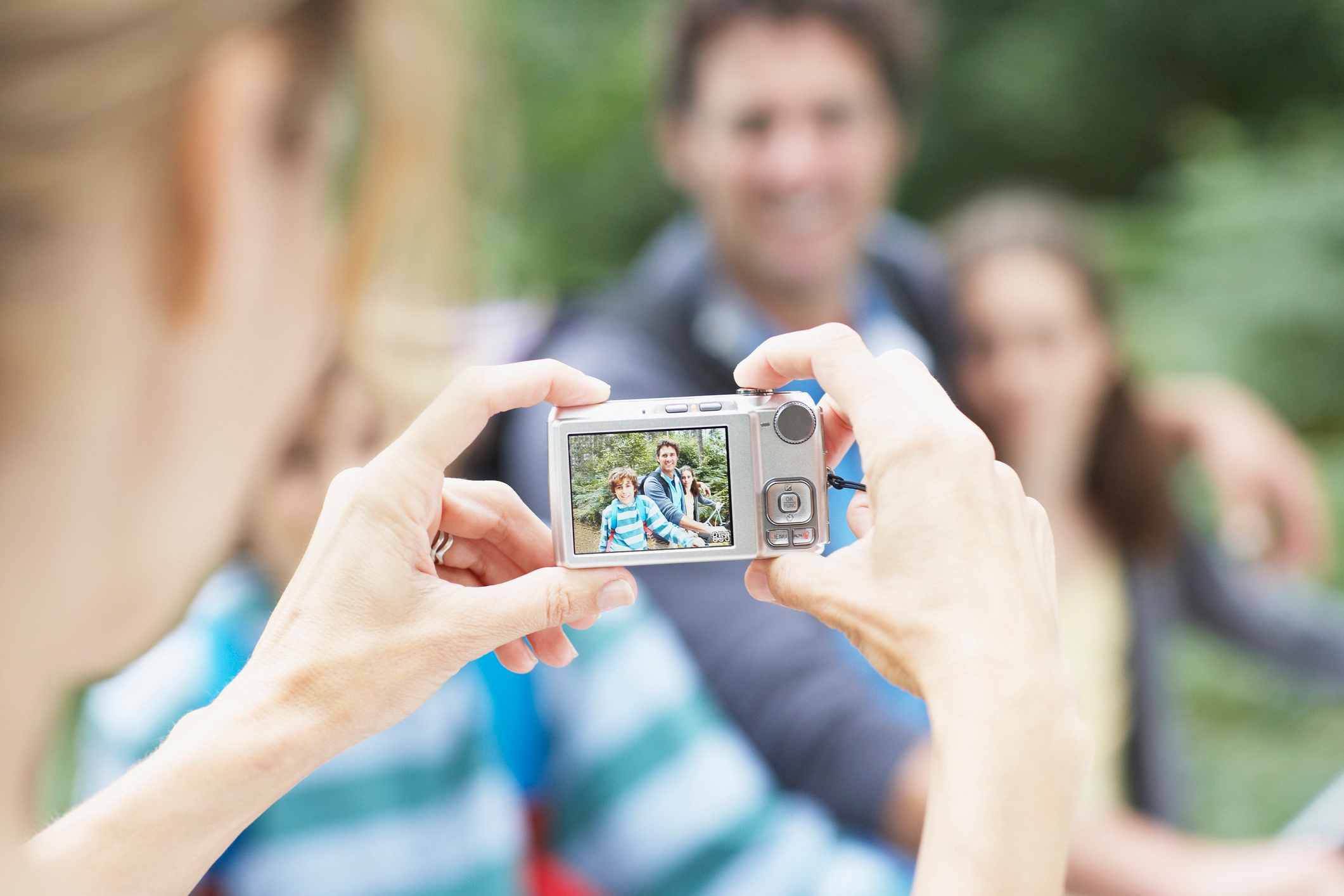Summer is here and in full effect. Now is the time that many families begin planning a vacation to get away and enjoy time with their loved ones. Unfortunately, cybercriminals know all about your need for bonding time and relaxation, assuming all vacationers will be left vulnerable to their attacks.
Without imposing on your fun, it is important (and possible) to stay safe online during vacations. Here are some easy ways to keep your information protected through every leg of your trip.
BEFORE YOU GO
Before you pack up and head out, there are a few things that you can do to protect data you already have:
- Leave it at home
While you’re on vacation, odds are you won’t need all of the electronics that you use at home. To avoid both over-packing and increasing your odds of being hacked by a cybercriminal, leave unnecessary technology at home. A phone and a camera will most likely be all you need for a family vacation—anything else should be reconsidered.
- Transfer important data
For all of the electronics you do decide to bring with you, transfer your data beforehand. Backup important files from your phone and computer (should you choose to bring both), and upload photos to a protective drive, then delete all that you can. Should your technology be lost or stolen while away, you want as little personal information available to an outsider as possible.
WHILE YOU’RE GONE
Staying safe during your trip can be made easier with the following tips:
- Avoid Wi-Fi
Public hotspots and open Wi-Fi channels can easily be targeted by cybercriminals because they oftentimes are not closely monitored; unsecure connections can leave you open to having personal information stolen. Instead, plan to use your cell phone data while away, or invest in a portable hotspot or Mi-Fi device to keep your internet connection as protected as possible.
- Restrict your use of public computers
For the same reasons you wouldn’t want to input valuable information (like credit card numbers or passwords) through an open Wi-Fi connection, you want to restrict your use of public and open computers to when you absolutely need them. A good rule of thumb: “If you cannot guarantee security, approach with caution.”
WHEN YOU’RE HOME
Protecting your information is just as important coming as it was going:
- Change your passwords
Even when you’ve been on top of your cyber-protection game, you most likely will not know if you’ve become a victim until it is too late. Once you’re back home, change all of the passwords you used while away to regain security of your accounts (hopefully) before anyone has time to enter them.
- Post away
Save posting status updates and photos for when you’re back home. There are three reasons for this:
- Letting people know that you are away for an extended period also lets them know that your home is left unattended (and open for criminals).
- Tourists make easy targets for both online and in-person crimes. Letting the world know that you are new to the area you are in leaves you vulnerable.
- While it is okay to snap photos and videos during your trip, you still want to take in as much of your actual vacation as possible.
Vacation time during the summer does not have to be ruined with becoming a victim of a cyberattack. It isn’t hard to practice cyber security while you are away this season, and the effort that you put forth into your own protection will allow you to fully enjoy your time away.

